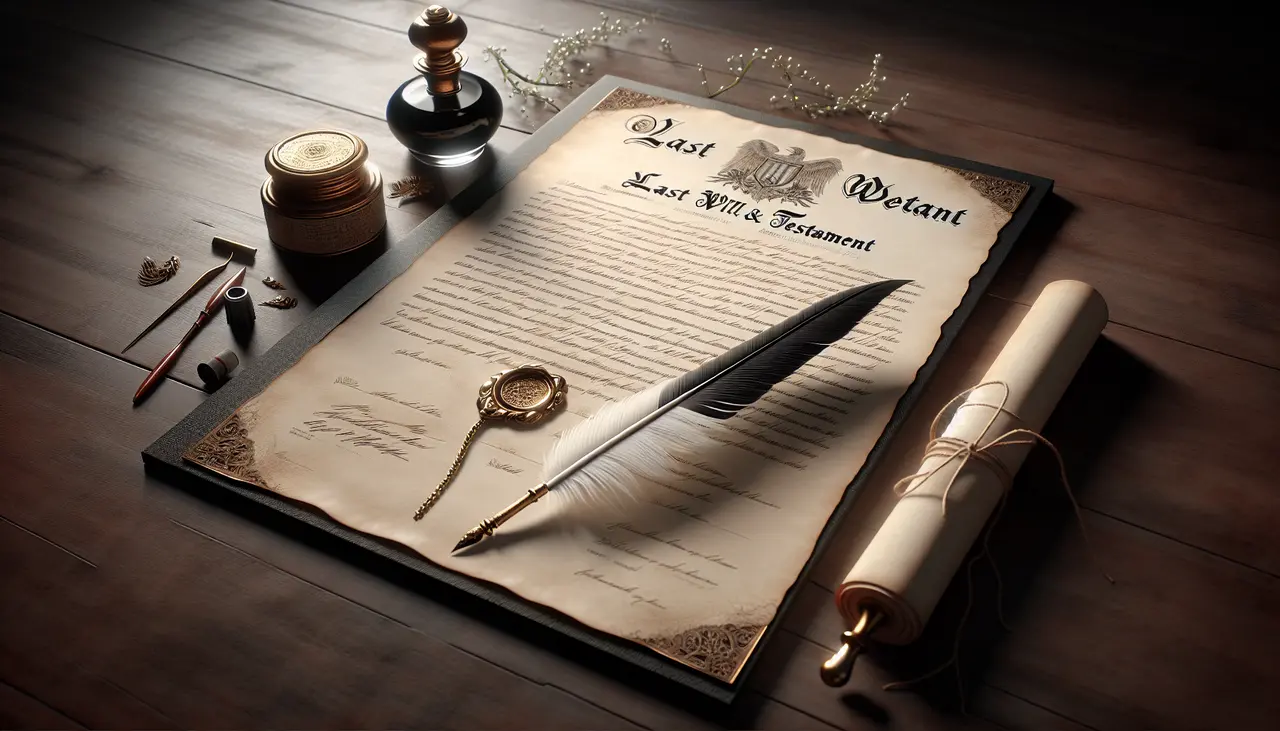Understanding how property is transferred through a will can seem daunting, but it doesn’t have to be. A will is a legal document that outlines how a person’s assets should be distributed after their death. In this FAQ, we’ll break down the process step-by-step to make it easier to understand.
What is a Will and Why is it Important?
A will is a powerful document that goes beyond just asset distribution. It can designate guardianship for minor children, assign management of business interests, and set up trusts. This comprehensive control over one’s estate underscores its importance. Without a will, state laws may govern the distribution of your assets, potentially against your desires.
Writing a will not only gives you peace of mind but also provides clarity for your loved ones during a difficult time. It prevents unnecessary delays and conflicts, ensuring your estate is handled efficiently and equitably.
Who can Create a Will?
Virtually anyone aged 18 or older who is of sound mind can create a will. This means you must understand the extent of your property and the implications of distributing it.
Creating a will is not exclusive to those with significant wealth. It’s a misconception that only the affluent should have one. Even people with modest assets should consider drafting a will to clearly express their wishes.
How is a Will Executed?
The probate process is initiated upon the presentation of the will to the appropriate court, which then authenticates it. The appointed executor is responsible for gathering assets, paying outstanding debts, and distributing the remaining estate according to the will’s instructions. This process is vital to ensure legal compliance and fair asset distribution.
What is the Role of an Executor in Property Transfer?
Serving as an executor involves various responsibilities, including distributing assets to rightful heirs, maintaining estate properties, and coordinating with attorneys or tax advisors. The executor’s duties are paramount to uphold the deceased’s wishes and provide a transparent process for beneficiaries.
An executor may also need to file documents with the court and issue notices to creditors and beneficiaries to ensure that the estate is settled appropriately.
What if There is No Will?
In the absence of a will, the estate is subject to intestate succession laws, which prioritize spouses and children as primary heirs. This statutory approach might disregard personal relationships or intended beneficiaries, leading to potential familial discord.
For those without direct descendants, the property might be allocated to distant relatives or escheat to the state. Crafting a will avoids these automatic decisions and respects personal intentions.
Can a Will be Contested?
Contesting a will is generally a complex process, often based on claims regarding the will’s validity, such as undue influence or suspected forgery. Such cases typically require substantial evidence and legal proceedings.
Potential claimants, including disgruntled beneficiaries or those omitted from the will, must act swiftly. Most jurisdictions enforce strict deadlines, known as statutes of limitations, typically mere months after the will enters probate.
Final Thoughts on Property Transfer Through a Will
Transferring property through a will is a structured process that ensures your wishes are honored and your loved ones are cared for. By following these steps and seeking professional advice when necessary, you can safeguard your estate and make the transition smoother for your beneficiaries. For more guidance and assistance, visit our homepage to ensure your estate planning aligns with your aspirations.




0 Comments